If you already have solar panels or are planning to install them, you might be wondering how to make the most of the energy they generate. Two popular options are solar batteries and power diverters, but what is the difference, and which one is right for your home?
Both help you use more of your own solar power instead of sending it back to the grid. However, they work in different ways and are suited to different needs and budgets.
In this blog, we will explain how each one works, look at the pros and cons, and help you decide which option makes more sense for your home. Whether you want to save money or use less electricity from the grid, this guide will help.
Quick Comparison Of Solar Batteries vs Power Diverters!

If you're finding it hard to choose between a solar battery and a power diverter, you're not alone. Both help you make better use of your solar energy, but they do it in different ways. Let’s look at how they compare so you can choose what suits your home best.
How Each One Works
A power diverter takes any spare solar energy and sends it to heat your water through the immersion heater. It uses the energy straightawayand doesn’t store it. A solar battery collects that extra energy and keeps it for when you actually need it, such as in the evening or when the weather is dull.
Savings and Daily Use
With a power diverter, you can save money on hot water during the day. It is useful if someone is usually home and using water. A solar battery gives you more control and lets you use your saved energy whenever it makes the most sense, including during high electricity rates.
Cost and Installation
Power diverters are more affordable and quicker to fit, which makes them great for smaller budgets. Solar batteries do cost more at the start, but they can help save more over time if your home uses a lot of power or you want to rely less on the electricity grid.
Ease of Use and Control
Power diverters are straightforward and suit homes with simple energy needs. They do one job well by heating water with spare solar power. A solar battery gives you more freedom, as it can work with smart systems and provide power across the home whenever it is needed.
What Is a Solar Power Diverter?

If your home already has solar panels, a power diverter can help you make better use of the electricity they generate. Rather than letting unused power go back to the grid, it sends it to heat your water. Let's look at how it works and what benefits it might offer.
How It Works
A power diverter monitors your solar system and spots when you're not using all the electricity being made. Instead of letting that spare energy go to waste, it automatically sends it to your immersion heater so your water gets heated for free.
Who It Suits Best
This setup is best for households that use hot water regularly during the day and have a hot water tank with an immersion heater. It’s a simple solution if you're looking for a cheaper way to make the most of your solar energy without needing any major changes.
Pros
- Cheaper than batteries
- Simple to install
- Great for hot water savings
- No moving parts, no maintenance
Cons
- Doesn’t store energy
- Only helps with water heating.
- No help during power cuts
What Is a Solar Battery?

If you want to make the most of your solar panels all day and night, a solar battery could be the answer. It stores unused electricity so you can use it later, rather than letting it go back to the grid. Let’s take a closer look at how it works and why it might suit your home.
How It Works
A solar battery collects any electricity your panels produce but you don’t use straight away. That stored power is then available whenever you need it, whether it’s in the evening, on a cloudy day, or even during a power cut if your system allows.
Who It Suits Best
This setup works well for households that use electricity throughout the day and evening. It’s also useful if you want to rely less on energy from the grid and want to power more than just your water heater.
Pros:
- Store and use energy when needed.
- Reduce your electricity bills.
- Provide power during outages.
- Supports smart home energy use.
- Scalable for larger homes
- Helps you become more energy independent.
Cons:
- Higher upfront cost
- Needs space (wall or floor)
- Slight performance drop over 10–15 years
- May need local council approval for large systems
However, if you decide to go ahead with solar batteries or power diverters, Going Solar offers reliable, high-quality products to suit your home’s needs. Their team can guide you through the options and help you make the right choice with ease.
Conclusion
Choosing between a solar battery and a power diverter depends on your energy needs, daily habits, and budget. A diverter is great for heating water during the day, while a battery gives you more control and helps lower your bills across the whole home. Both help you use more of your own solar power instead of relying on the grid.
If you're still unsure which option suits your home best, the team at Going Solar is here to help. Get in touch today for honest advice and support on choosing between solar batteries and power diverters.



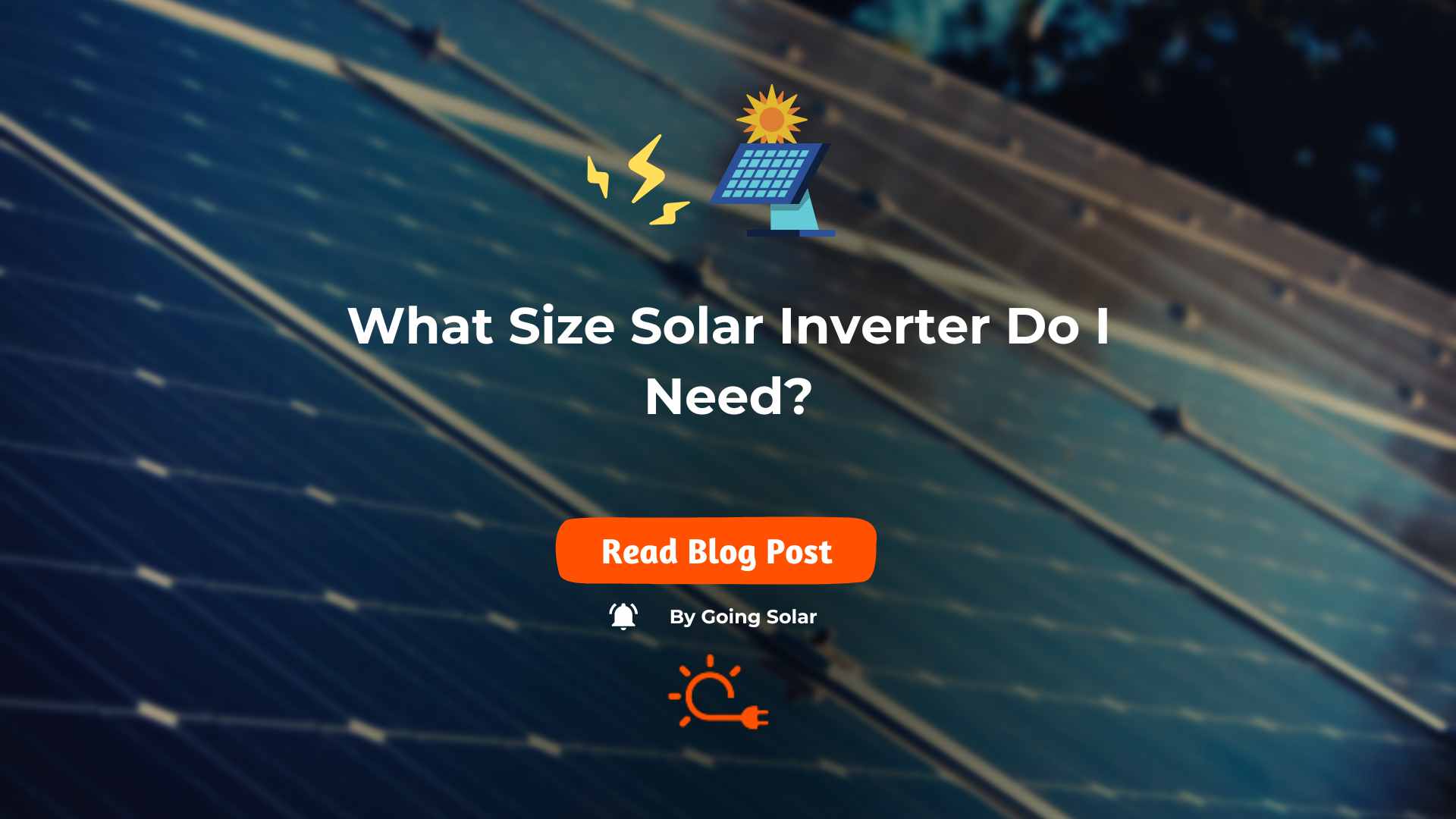
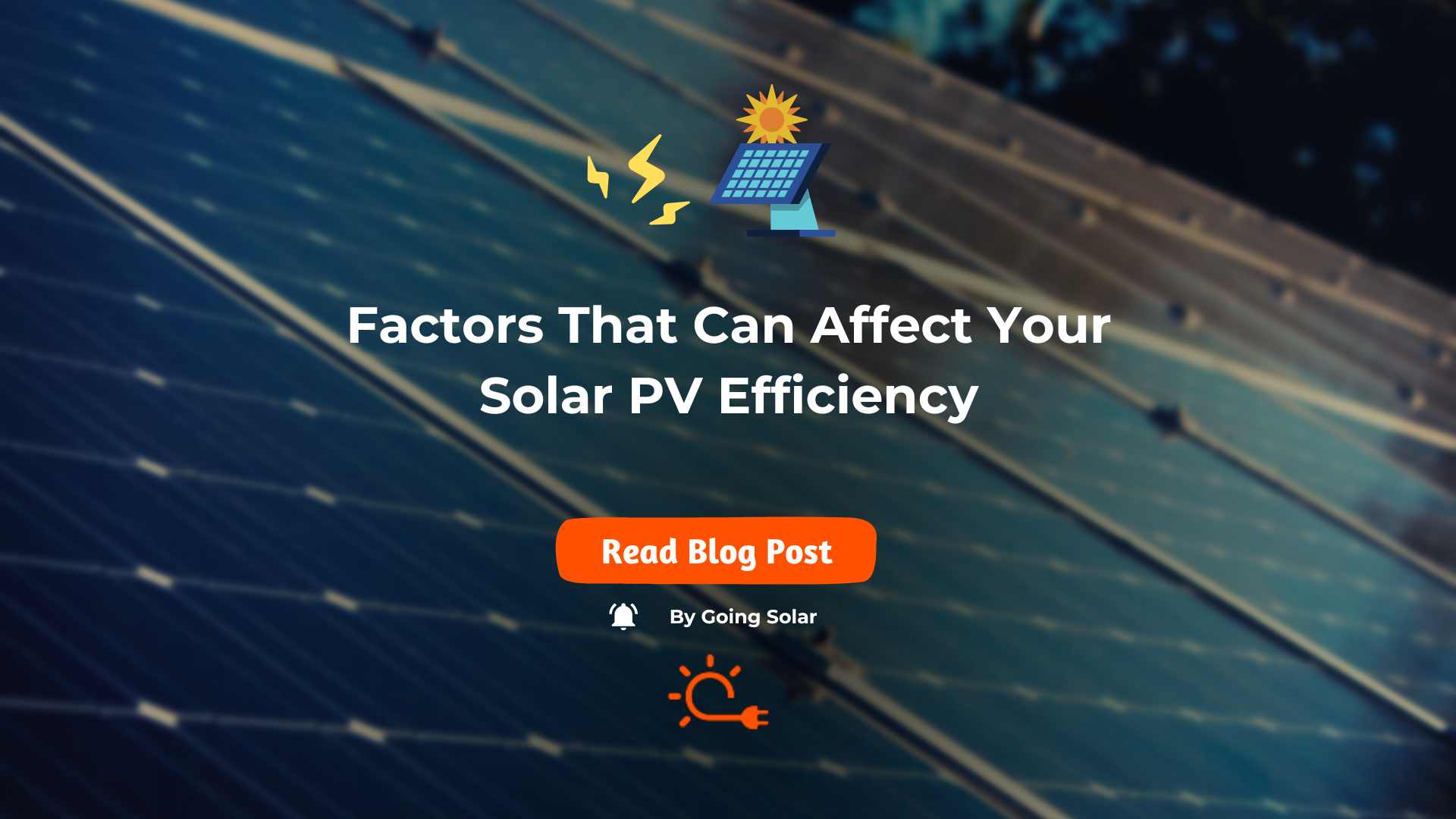
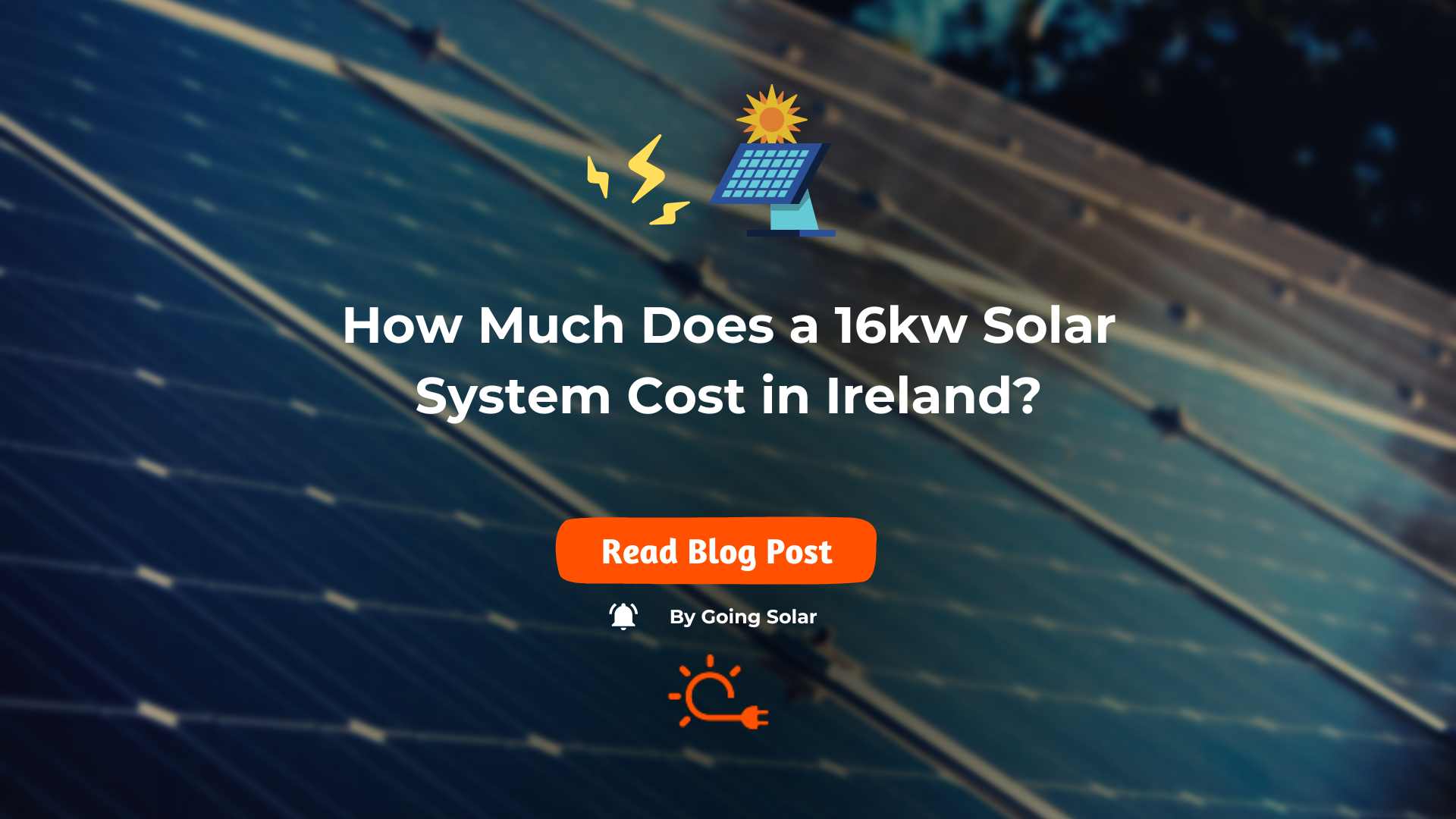
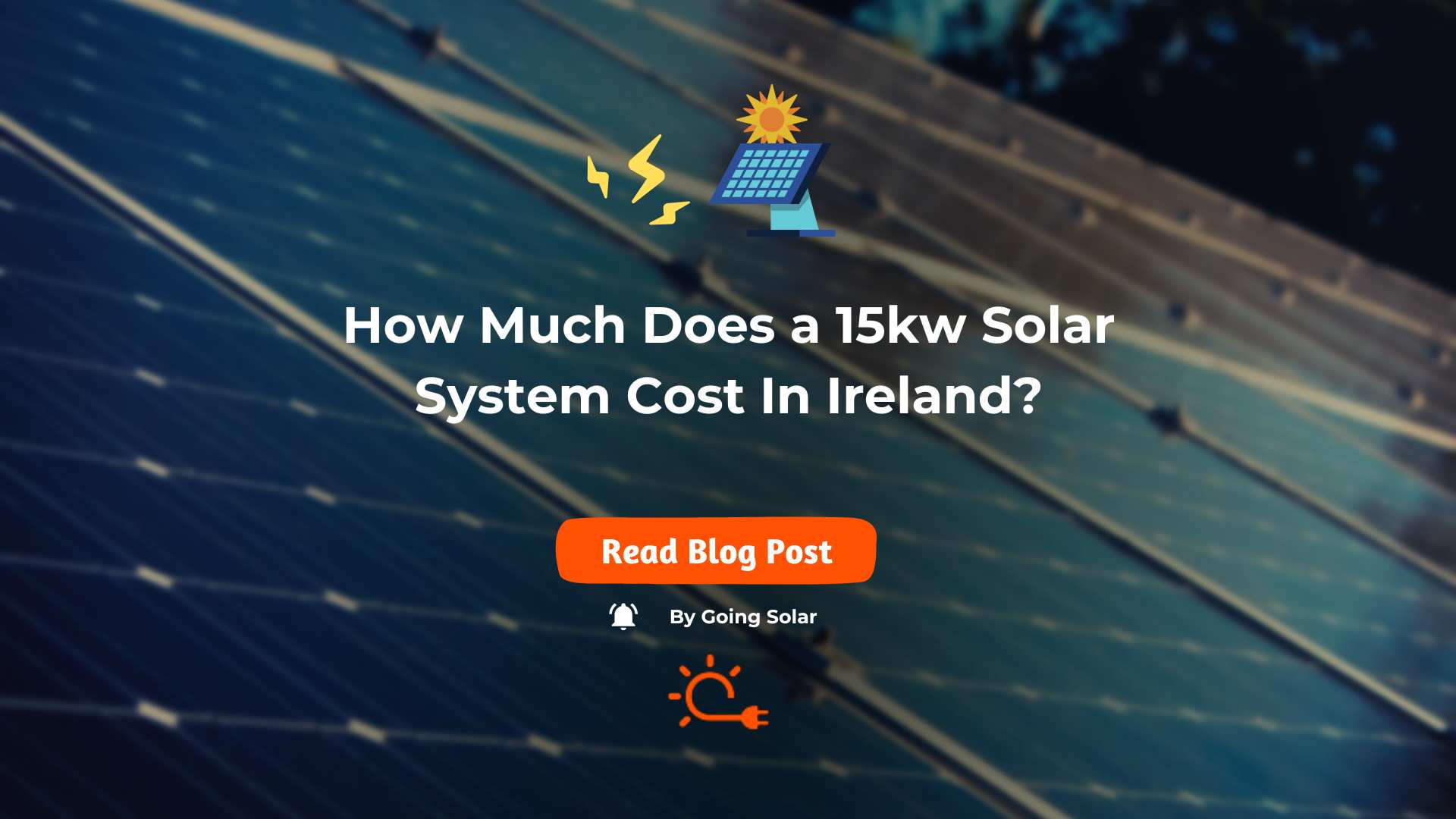
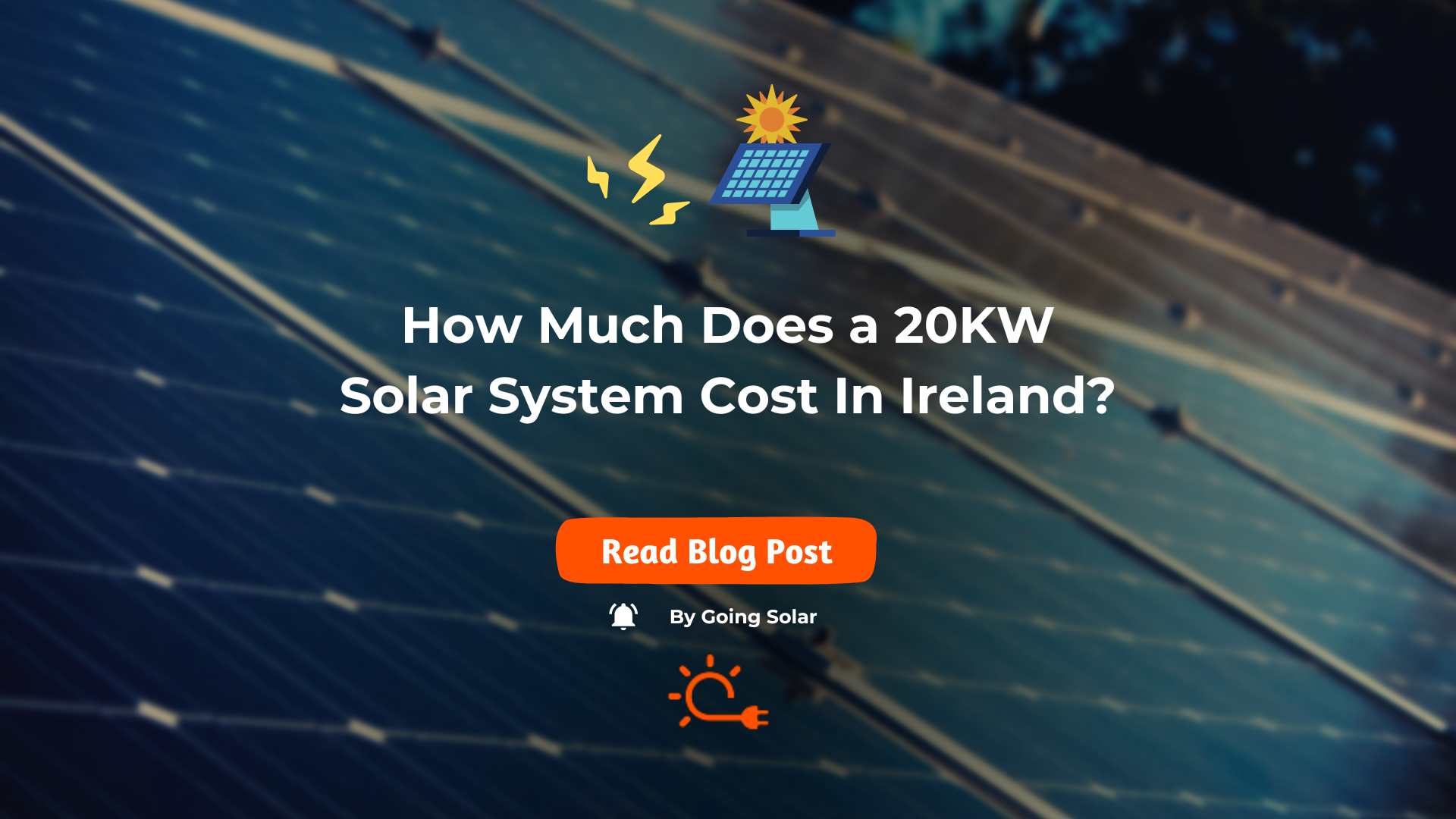





.jpg)

